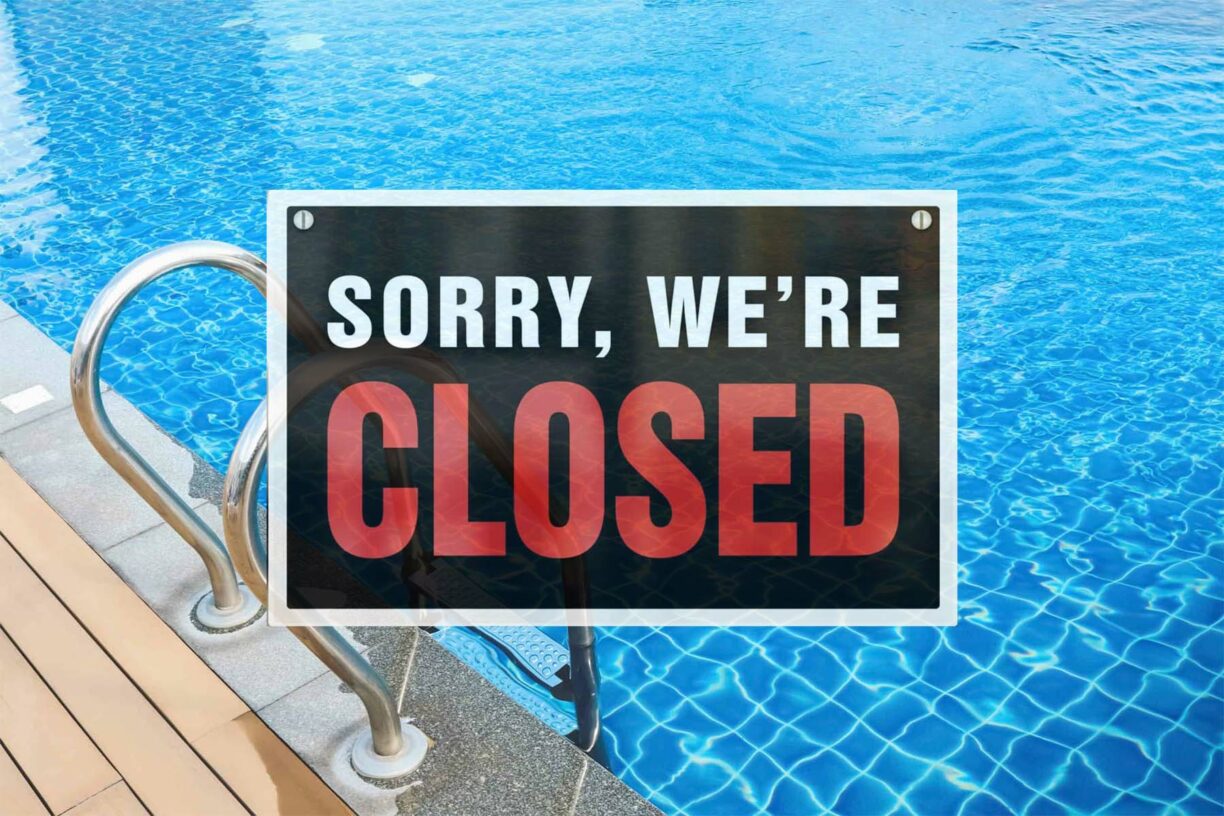A recent report from the Office of National Statistics states that 69 per cent of adults in the UK feel somewhat or very worried about the effect Covid-19 is having on their life.
With worries about the future (63 per cent) and feeling stressed or anxious (56 per cent) the most common issues affecting wellbeing.
We are living in extremely anxious times, and this means it is now more important than ever to look out for colleagues and co-workers.
Ian Hurst, father-of-two and co-founder of We are Hummingbird is keen to use his own very personal experience of mental illness to help others.
After 17 years working in a corporate role in the City, the Portsmouth based insurance worker experienced a breakdown, and now uses the life-changing experience to provide expert advice and training to businesses on how to spot when employees or colleagues might be experiencing poor mental health, and the simple, straightforward steps that can be taken to help them.
“For nearly 20 years, I was a typical corporate employee.” says Ian. “Everyday I would travel into London from my home on the south coast to look after the global insurance for high profile corporate clients like Porsche, Bentley, and Rolls Royce.
The job was stressful, but the salary was good. From the outside I had everything I could ever want, my own home, nice holidays and meals out etc. Everyone around me assumed that life was fine and dandy.” That wasn’t the case.
“Underneath the facade, the stress of the job was getting to me”, continues Ian. “I knew I wasn’t happy, but I felt like there was no-one I could turn to, I had two children who depended on me and I just thought I need to get through this and crack on.”
Then, one day while he was on a flight back to the UK following an intense work trip, out of nowhere Ian broke down. “I just started crying. Everyone around me was like woah. The poor woman I was with didn’t have a clue what to do. She just said “chin up mate.”
“But I couldn’t just “chin up” anymore,” explains Ian, and soon realised he was suffering from profound loneliness, and overtime developed social anxiety, became detached from himself and everyone around him and was constantly emotionally drained.
In the weeks following his breakdown, Ian’s employers offered him time off and support in the form of something called mental health first aid training.
Still quite a new concept in the workplace, it trains employees to recognise the signs of poor mental health. Currently only 13 percent of managers in the UK have attended specific training that focused on mental health and only 11 percent of managers have received training on understanding workplace stressors.
“I was totally struck by how effective it was, and I could see so much of myself in what I learnt, it literally changed my life”, says Ian.
Ian soon trained to become a mental health first aid instructor himself, working with other colleagues in his firm. “It was brilliant, I found something new that I was completely passionate about, I loved working with people and helping them to identify signs of poor mental health and breaking down the stigmas surrounding it” he explains.
However, Ian still held a large amount of responsibilities in his job and owned many client relationships. It was during this time he would continue to experience ill mental health.
He explains “Half of my time at work I was really enthusiastic, almost finding a form of therapy in my new purpose, and the other half I would be uninterested and continue to feel isolated”. This would be the catalyst for Ian to reconsider his career options and take a completely different path – starting We are Hummingbird Health.
“It was a huge leap of faith, and thankfully with the support of my wife and children I’m able to live my dream of helping others by delivering Mental Health First Aid and Suicide Prevention and Intervention Training.”
Ian provides the following five warning signs to be aware of when looking out for colleagues and coworkers mental wellbeing.
“Many of us are experiencing incredibly challenging times right now, as we have been isolating and self distancing from our friends and family. For some, this period of heightened anxiety and disconnection may drive thoughts of suicide.
Now more than ever, there is a need to be able to identify the signs and symptoms of poor mental health which can in turn can lead to suicidal behaviours.”
The ongoing COVID pandemic has only exacerbated feelings of isolation felt by many, as employees suffer disconnection and loneliness from months working from home in solitude.
Suicide is often the final and most heartbreaking act in the battle against treatable mental illness. The latest figures from the Samaritans sadly show there are 6,507 suicides in the UK a year with the highest rates among men aged 45-49.
Five essential things to watch out for:
1.Changes in personality and/ or appearance over a prolonged period of time – a person experiencing poor mental health may become less concerned about their personal appearance and often exhibit a change in attitude or behaviour.
2. Expressing verbal or non verbal signs of not continuing with life, around 95% of people planning their suicide will give off signs that they have or are considering ending their life. It is up to us to recognise the warning sign and allow them full permission to speak.
3. Changes in life circumstances such as job loss, break up of relationship or bereavement these life events whilst often not the driving force alone of suicide, can be an impetus to act for individuals with suicidal thoughts.
4. Getting things in order such as suddenly paying back money, going out of their way to see old friends, giving away personal possessions and cleaning up their home are possible signs that a person is making preparations and likely has a suicide plan.
5. Suddenly calmness after a period of poor mental health such as depression, a sharp change of outlook or elation is a sign that the person has made a decision to end their life.
“Sudden calmness or even euphoria are the most misunderstood element of suicide behaviour” explains Ian. He adds “often we hear shock and surprise from loved ones who have lost someone to suicide, saying “we thought they had got better, they seemed more themselves lately.” However, this is often the final element of what is known as the suicide continuum.”
“We all feel a sense of relief when someone we care about suddenly “feels better”, we assume that all is well and good, however, often this can be due to the individual being at peace with their decision.
We must stop looking for a “fix”, and accept that change and recovery is an ongoing process and not something that happens overnight.”
Ian explains.
If you believe someone you know is in immediate danger of suicide do not leave the person alone. People who receive support from friends and family are less likely to act on their suicidal plans.
We are Hummingbird offers Mental Health First Aid Training and Suicide Prevention and Intervention training tailored to individuals, groups and companies.
Visit www.wearehummingbird.com and go to the ‘We are Hummingbird Health’ section for more information.
About We are Hummingbird
We are Hummingbird is a community of music lovers who have united to spread awareness of mental health by using music as a platform to encourage people to open up and engage in conversation. They specialise in the delivery of Mental Health First Aid Training.
Together we will create a world full of hummingbirds.





